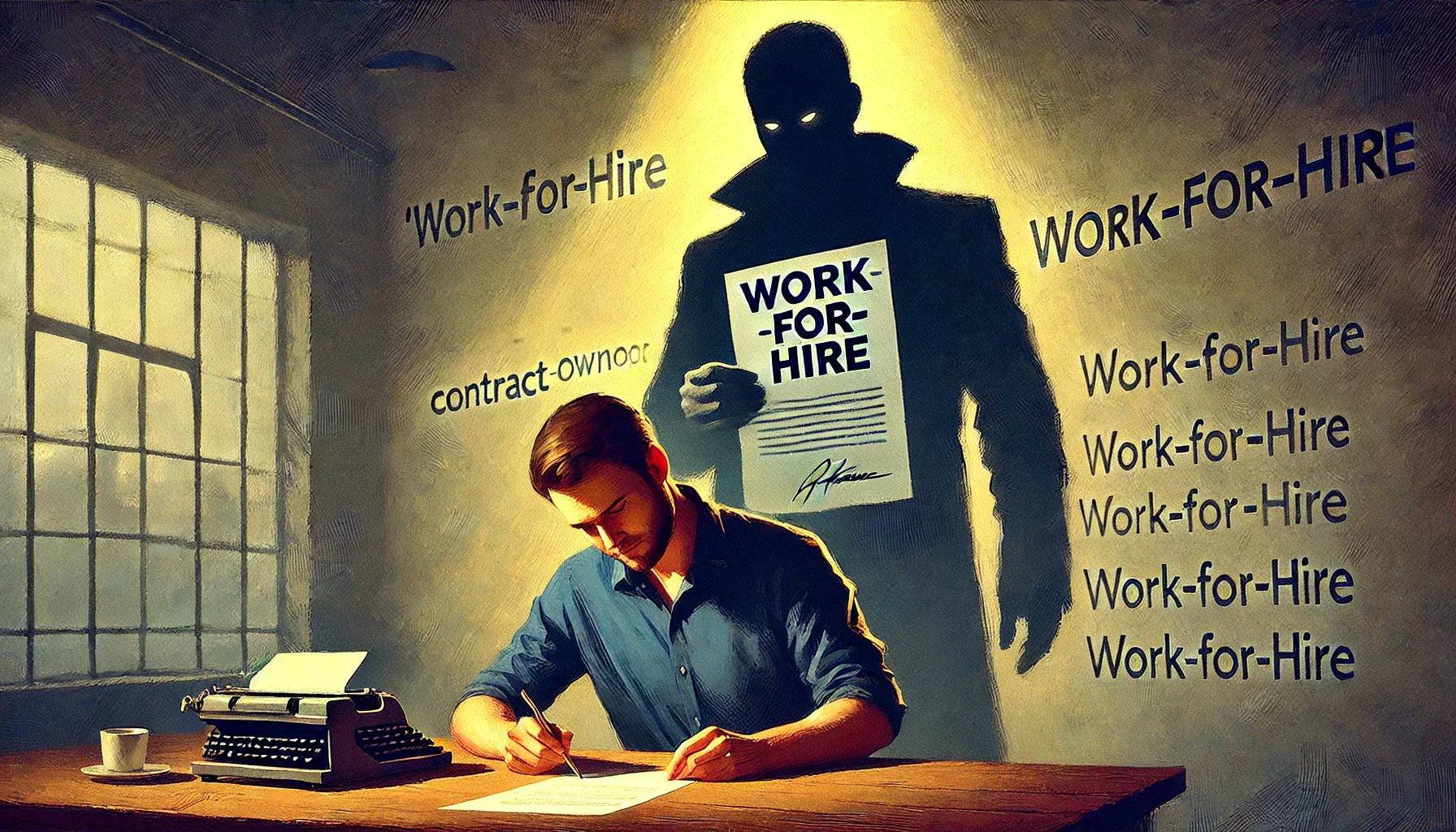Artificial Intelligence (AI) has come a long way since its inception, and has revolutionized the way we do things. One such area is image generation. AI-generated images are becoming increasingly popular, but the question remains whether they infringe any intellectual property rights.
Intellectual Property (IP) refers to the legal rights granted to individuals or entities that are responsible for the creation and innovation of original works. These rights include patents, trademarks, copyrights, and trade secrets. The question of whether AI-generated images infringe on any of these rights is complex, and there is no straightforward answer.
One of the primary concerns regarding AI-generated images is copyright infringement. Copyright law grants the creator of an original work exclusive rights to its use and distribution. This means that if an AI generates an image that is similar to an existing copyrighted work, it could be considered a violation of copyright law. However, there are some key differences between AI-generated images and traditional works that make it challenging to determine whether they infringe on copyright.
A few potential examples of how AI-generated art can potentially infringe copyrights include:
-
Replicating an existing artwork: AI can be trained on existing artwork to create something similar or identical, which can infringe the original artist's copyright.
-
Using copyrighted images as training data: AI requires large amounts of data to learn, and if copyrighted images are used as part of the training data, the resulting artwork could potentially infringe on the original copyright.
-
Using copyrighted elements in the generated artwork: AI-generated art may incorporate copyrighted elements such as characters or logos, which can infringe on the original copyright.
-
Using AI to reproduce photographs: AI can be trained to generate realistic images, and if it is used to reproduce a photograph, it could infringe on the photographer's copyright.
-
Creating derivative works without permission: AI-generated art that is a derivative work of an existing copyrighted work may infringe on the original copyright, particularly if it is created without the permission of the original copyright holder.
Unlike traditional works, AI-generated images are created using complex algorithms and machine learning techniques. This means that the AI does not necessarily use existing images as a reference, but rather learns from them and generates something new. Additionally, some argue that since an AI does not have a consciousness, it cannot create anything original, and therefore cannot infringe on copyright.
Another area of concern is trademark law. Trademarks are used to protect a company's branding, and AI-generated images could potentially create confusion among consumers. For example, if an AI generates an image that is similar to a well-known brand's logo, it could be considered a violation of trademark law. However, as with copyright, determining whether an AI-generated image infringes on a trademark is complex and may require a case-by-case analysis.
Finally, there is the question of whether an AI-generated image could be considered a trade secret. Trade secrets are confidential business information that gives a company a competitive advantage. If an AI generates an image that includes a company's trade secret, it could be considered a violation of trade secret law. However, as with copyright and trademark law, determining whether an AI-generated image infringes on trade secret law is complex and may require a case-by-case analysis.
The question of whether AI-generated images infringe on intellectual property rights is complex and has no straightforward answer. While there are concerns regarding copyright, trademark, and trade secret law, the use of AI in image generation is still in its early stages, and the legal implications are still being explored. As AI continues to advance, it will be interesting to see how these legal questions are addressed and what impact they have on the use of AI-generated images.






